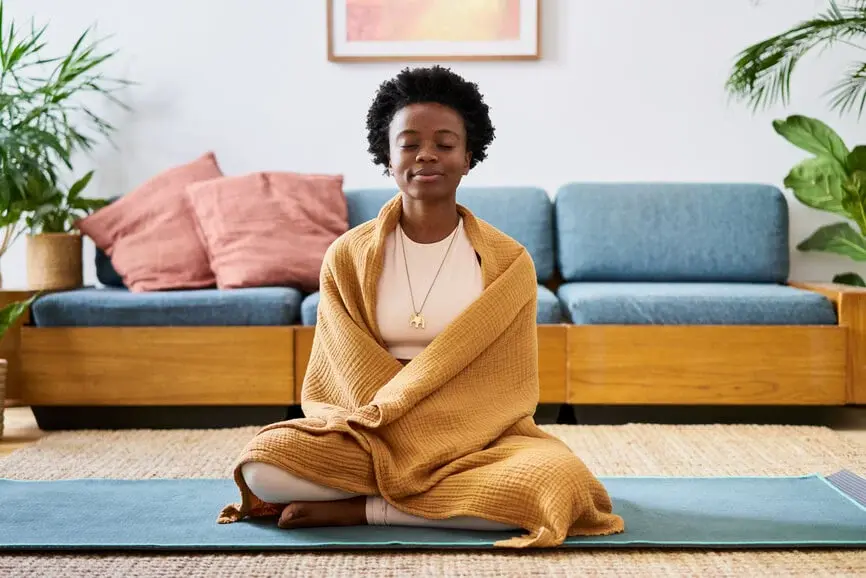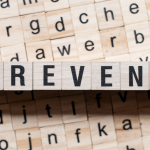
1. Introduction
In today’s fast-paced and demanding world, taking care of ourselves often takes a backseat. However, prioritizing our well-being is essential for leading a fulfilling and balanced life. This article explores the art of self-care and provides practical strategies for incorporating it into our daily routines.
Content
2. Understanding Self-Care
Self-care encompasses activities and practices that promote physical, emotional, mental, social, and spiritual well-being. It involves consciously taking care of ourselves, both physically and mentally, to enhance our overall quality of life.
3. The Importance of Self-Care
Self-care is not a luxury; it is a necessity. Prioritizing self-care allows us to recharge, reduce stress, and prevent burnout. It enables us to show up fully in our personal and professional lives, improving our relationships, productivity, and overall happiness.
4. Benefits of Self-Care

When we prioritize self-care, we reap numerous benefits. It boosts our energy levels, enhances our resilience, and improves our ability to cope with life’s challenges. Self-care also promotes better physical health, mental clarity, emotional stability, and a sense of fulfillment.
5. Prioritizing Your Well-being
Making self-care a priority requires a conscious shift in mindset. It involves recognizing that our well-being matters and deserves our time and attention. By understanding that self-care is not selfish but necessary for a balanced life, we can begin to prioritize ourselves.
Related Suggestion: The Rise of Plant-Based Diets
6. Strategies for Practicing Self-Care
There are various strategies for practicing self-care. It is important to find what works best for you and incorporate it into your routine. Some popular self-care activities include exercise, meditation, journaling, spending time in nature, pursuing hobbies, and connecting with loved ones.
7. Physical Self-Care

Physical self-care involves taking care of our bodies. This includes getting enough sleep, eating nutritious meals, engaging in regular exercise, and practicing good hygiene. Prioritizing physical self-care ensures that we have the energy and vitality to navigate our daily lives.
8. Emotional and Mental Self-Care
Emotional and mental self-care involves nurturing our emotional well-being and managing stress. This can be achieved through activities such as therapy, practicing mindfulness, engaging in hobbies that bring joy, setting boundaries, and seeking support when needed.
9. Social Self-Care

Social self-care focuses on cultivating and maintaining healthy relationships. It involves spending time with loved ones, nurturing friendships, seeking social support, and engaging in activities that bring a sense of connection and belonging.
10. Spiritual Self-Care
Spiritual self-care nurtures our spiritual well-being and sense of purpose. It can involve activities such as meditation, prayer, practicing gratitude, spending time in nature, and engaging increative or reflective practices that align with our personal beliefs and values.
11. Integrating Self-Care into Your Daily Routine
Incorporating self-care into our daily routine requires intention and planning. Start by identifying activities that bring you joy, relaxation, and rejuvenation. Block out specific time slots in your schedule for self-care and treat them as non-negotiable. Remember, self-care is an ongoing process, and consistency is key.
12. Overcoming Obstacles to Self-Care
While self-care is important, it can sometimes be challenging to prioritize. Common obstacles include a lack of time, feeling guilty or selfish, or simply not knowing where to start. It’s crucial to address these barriers by reframing self-care as a necessary investment in your well-being and seeking support from others who understand its importance.
13. Self-Care in the Digital Age
In today’s digital age, it’s easy to get caught up in the constant demands of technology and social media. Practicing self-care in the digital age involves setting boundaries with technology, taking breaks from screens, and creating digital-free zones or times during the day to focus on self-care activities that promote mindfulness and relaxation.
14. Self-Care for Different Life Stages
Self-care needs may vary depending on different life stages. For example, parents may need to carve out time for themselves amidst the demands of parenting, while professionals may need to prioritize stress management and work-life balance. It’s important to recognize and adapt self-care practices to suit your specific circumstances and responsibilities.
15. Conclusion
In a hectic world that often prioritizes productivity and external demands, self-care is an essential act of self-preservation and well-being. By consciously prioritizing our physical, emotional, mental, social, and spiritual needs, we can lead more fulfilling lives. Remember, self-care is not selfish—it is an investment in your overall health and happiness.
How often should I practice self-care?
Self-care is a personal practice, and the frequency may vary from person to person. It is recommended to incorporate self-care activities into your routine on a regular basis, ideally daily or at least a few times a week.
2. Can self-care activities be simple and low-cost?
Absolutely! Self-care doesn’t have to be expensive or elaborate. Simple activities like taking a walk, reading a book, or enjoying a cup of tea can be effective forms of self-care.
3. Is self-care only for individuals experiencing high levels of stress?
Self-care is beneficial for everyone, regardless of stress levels. It is a proactive practice that helps maintain overall well-being and prevents burnout.
4. How can I overcome guilt or feelings of selfishness when practicing self-care?
Remember that self-care is not selfish but necessary for your well-being. Recognize that taking care of yourself enables you to show up fully for others as well.
5. Can I practice self-care while balancing my responsibilities?
Yes, self-care can be integrated into your daily life, even with responsibilities and obligations. It’s about finding small pockets of time and prioritizing yourself amidst the busyness of life.

Alissa Edwards a health blogger, but her words have the power to change your life. She is an avid reader and she loves nothing more than curling up with a good book. She always strives for perfection in everything she does, so it’s no surprise that she plans on becoming the next JK Rowling one day!













